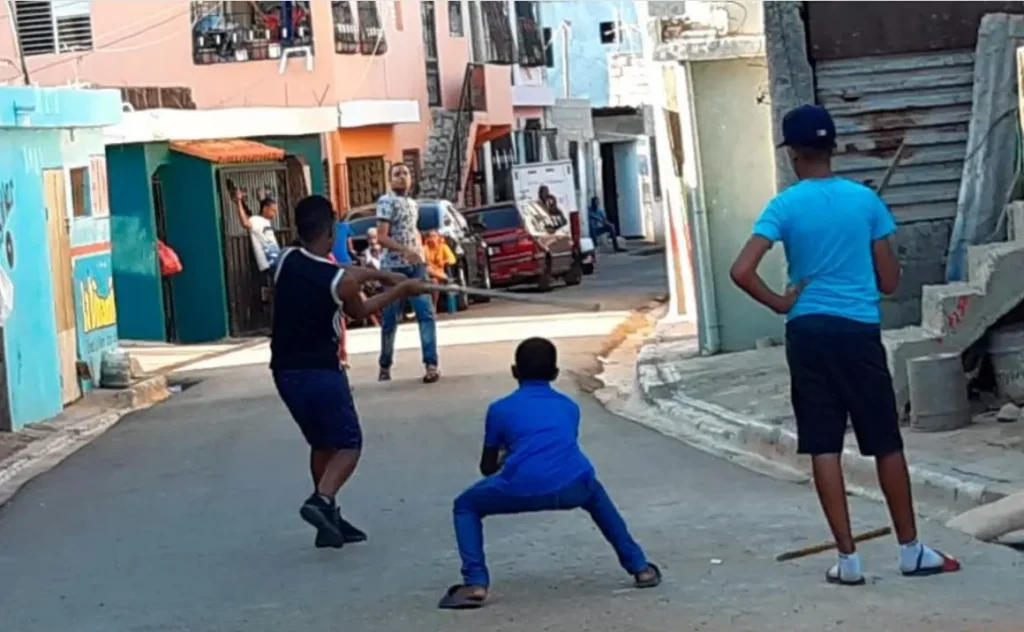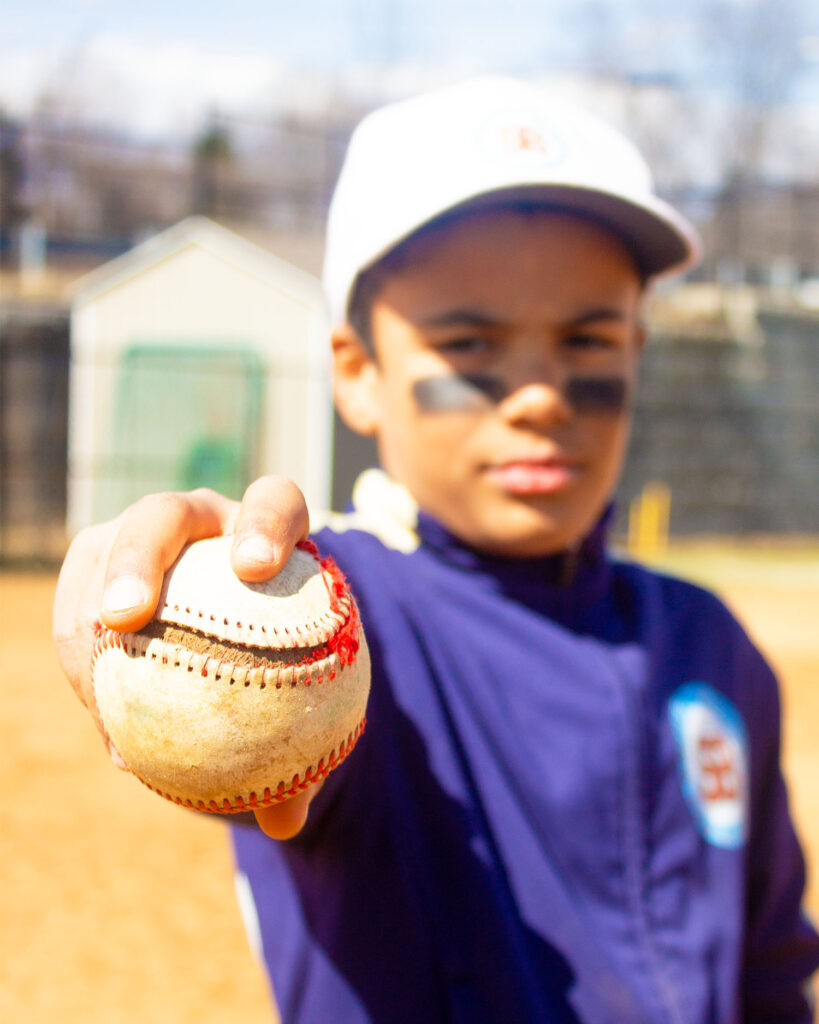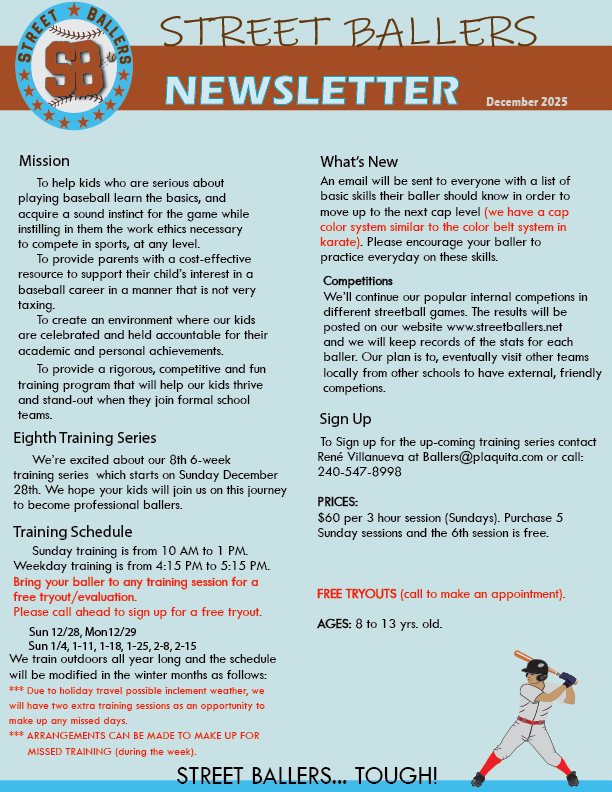Dominican Street Games Fuel Baseball Greatness

The Dominican Republic is renowned for producing some of the finest baseball talent in the world. With over 10 percent of Major League Baseball (MLB) players hailing from this Caribbean nation
The Dominican Republic’s success in baseball is no accident. A significant factor behind this success is the country’s vibrant culture of street games, particularly vitilla and la plaquita. These games play a crucial role in developing the skills and passion of young Dominican athletes, setting them on a path to baseball greatness.
Vitilla: The Art of Precision
Vitilla is a popular variation of stickball played primarily in the Dominican Republic
The game uses a broomstick as a bat and a large plastic water bottle cap, called la vitilla, instead of a ball. The unique nature of the vitilla disk, which can float and spin unpredictably, makes it incredibly challenging to hit,
this difficulty enhances hand-eye coordination and sharpens reflexes, essential skills for any aspiring baseball player.
In vitilla, players must adapt to the erratic movements of the vitilla disk, improving their ability to anticipate and react to pitches. This training ground is invaluable for young Dominicans, who learn to handle off-speed pitches and develop a keen sense of timing and precision
The game also fosters a competitive spirit and a love for baseball, as children play vitilla in the streets, dreaming of one day making it to the MLB.
La Plaquita: The Strategy of Cricket
La plaquita, also known as la placa, is another beloved street game in the Dominican Republic. Similar to cricket, la plaquita involves two teams of two players each, with batters trying to hit a ball while fielders aim to knock over a makeshift wicket made from license plates, The game emphasizes strategic thinking, quick decision-making, and agility. Playing la plaquita helps young athletes develop their batting skills, as they learn to hit balls accurately and strategically. The game’s focus on running between wickets to score runs also enhances speed and endurance. Moreover, the competitive nature of la plaquita instills a sense of teamwork and resilience, qualities that are essential for success in baseball.
The Cultural Impact
Both vitilla and la plaquita are more than just games; they are integral parts of Dominican culture. These street games bring communities together, creating a supportive environment where young athletes can hone their skills and pursue their dreams. The widespread popularity of these games ensures that baseball talent is nurtured from a young age, contributing to the Dominican Republic’s impressive presence in the MLB.
The success of Dominican baseball players is a testament to the country’s rich tradition of street games. By playing vitilla and la plaquita, young Dominicans develop the skills, passion, and resilience needed to excel in baseball. These games are not only training grounds but also sources of inspiration, driving the nation’s athletes to achieve greatness on the global stage.
These games play a pivotal role in shaping the skills and character of young athletes, preparing them for the challenges of professional baseball. As long as these games continue to thrive, the Dominican Republic will remain a powerhouse in the world of baseball, producing talent that dazzles fans and inspires future generations.
STREET BALLERS’ STRATEGY
Street Ballers incorporates traditional Dominican street games like vitilla and la plaquita into its training program to cultivate essential baseball skills and a competitive spirit among young athletes. By engaging in vitilla, players enhance their hand-eye coordination and reflexes, as they learn to hit the unpredictable vitilla disk with precision. La plaquita, with its emphasis on strategic batting and quick decision-making, helps athletes develop agility and strategic thinking. These games, along with other Street Ballers’ favorites, create a dynamic and challenging training environment that mirrors real-game situations, fostering resilience, teamwork, and a deep passion for baseball. Our goal with this unique approach is not only to hone technical skills but also instill self-confidence, driving athletes to excel both on and off the field.

